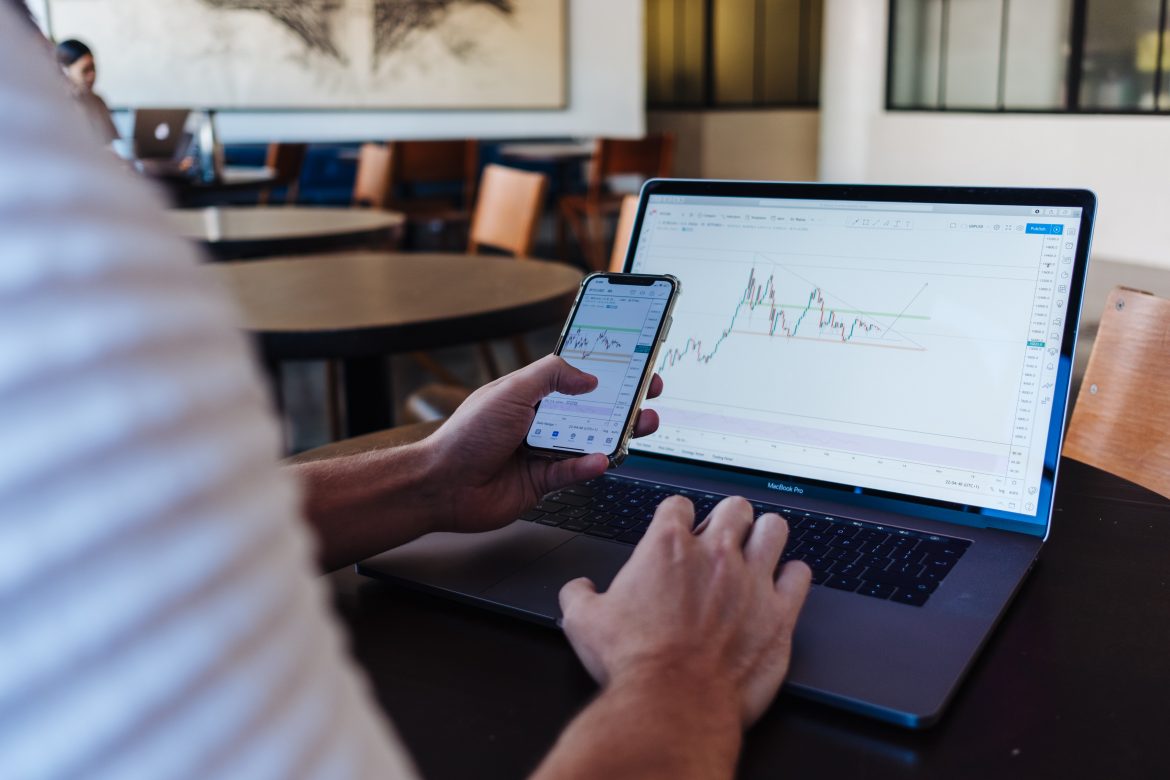A Forex broker must guarantee adequate liquidity, just as a doctor needs a well-stocked medicine cabinet. FX liquidity for brokers is critical to ensure that they can satisfy the needs of their clients, whether they are traders looking for quick execution or corporations hedging their currency exposure. A brokerage can swiftly become bankrupt if it lacks liquidity. This article will discuss liquidity and why it is so crucial for brokers. We’ll also look at aspects that might impact a broker’s liquidity.
What is Forex liquidity, and why is having a high volume of liquidity crucial for brokers?
The amount of buying and selling activity in the forex market at any given time is referred to as liquidity. A high amount of Forex market liquidity indicates that there are many buyers and sellers in the market, and prices may be transacted at extremely narrow spreads. This is significant for brokers since it helps them to provide tight spreads and quick execution to their clients. If a forex broker lacks liquidity, it may have to expand spreads or postpone executions to compensate for the risk of taking on transactions that it may be unable to complete. This might put the broker at a competitive disadvantage and put its clients in danger.
There are several elements that might impact a broker’s liquidity. The most crucial is the scale of the broker’s operation. A large, well-known forex broker often has more liquidity than a smaller, lesser-known broker. This is due to the larger broker having more clients and transactions.
Another important consideration is the sort of clients a broker has. A broker that primarily serves large institutional clients will often have more liquidity than one that mostly serves retail clients. This is because institutional clients typically deal in huge quantities and do not demand the same level of pricing transparency as retail ones.
Finally, the marketplaces in which a broker works might have an impact on its liquidity. For example, a broker who primarily trades in major currency pairs will have better liquidity than one who trades in more obscure pairs. This is due to the fact that the main pairs are more actively traded and have more information accessible about them.
Overall, liquidity is a critical factor for every forex broker. A broker must have sufficient liquidity to provide its clients with tight spreads and quick execution.
What impact does liquidity have on traders and their trading experiences?
In the trading industry, liquidity is critical. It has an impact on traders in numerous ways, most notably on the prices at which assets are exchanged. A lack of liquidity can result in higher prices and fewer transaction volumes, making it difficult for dealers to find buyers or sellers for their assets. High levels of liquidity, on the other hand, might result in lower prices and increased transaction volumes, making it simpler for traders to find buyers or sellers for their assets. Liquidity may have a substantial influence on the trading experience in either instance.
Another way liquidity has an impact on the expenses of trade. If there is minimal liquidity, additional costs may be required to locate a buyer or seller for an item. Fees may be cheaper if there is a lot of liquidity. This can have a major influence on trading profitability, especially for individuals who trade often or in huge quantities.
Finally, liquidity impacts traders by slowing down the rate at which deals may be performed. If the market lacks liquidity, it may take longer to locate a buyer or seller for an item, and the deal may take longer to complete. Trades may be made more rapidly if there is a high amount of liquidity. This can make a big difference for traders, especially those who need to react quickly to market changes.
How can brokers ensure that their liquidity levels remain high?
Brokers may do a variety of things to guarantee they maintain high levels of liquidity. Here are a few of the most crucial:
1. Have a diverse customer base that includes both retail and institutional investors. This will assist to maintain a more consistent flow of trades and prevent your liquidity from drying up if one sort of client slows down their trading activity.
2.Don’t limit yourself to a single stock or exchange-traded fund (ETF). This will allow all types of investors to trade various assets whenever and wherever they choose. The more items you provide, the more liquid your company will be.
3. A prime broker can help you trade a variety of assets, even some that are less liquid. This might allow you to diversify your liquidity pool and have access to additional possible deals.
4. Use technology to automate as much as feasible of the process. This will assist in ensuring that trades are performed swiftly and effectively, as well as maintaining liquidity levels.
5. Manage your risk carefully, as it might have an influence on your liquidity. To protect yourself from big losses, use stop-loss orders and other risk-management tools.
Brokers may assist to maintain high levels of liquidity by following these suggestions. This, in turn, will ensure that their company is as successful as possible.
Final Reflection
To continue in business and satisfy the demands of their clients, forex brokers must have a trustworthy supply of FX liquidity solutions. Brokers may assist in maintaining high liquidity levels by diversifying their customer base, offering numerous products, and utilizing technology.


